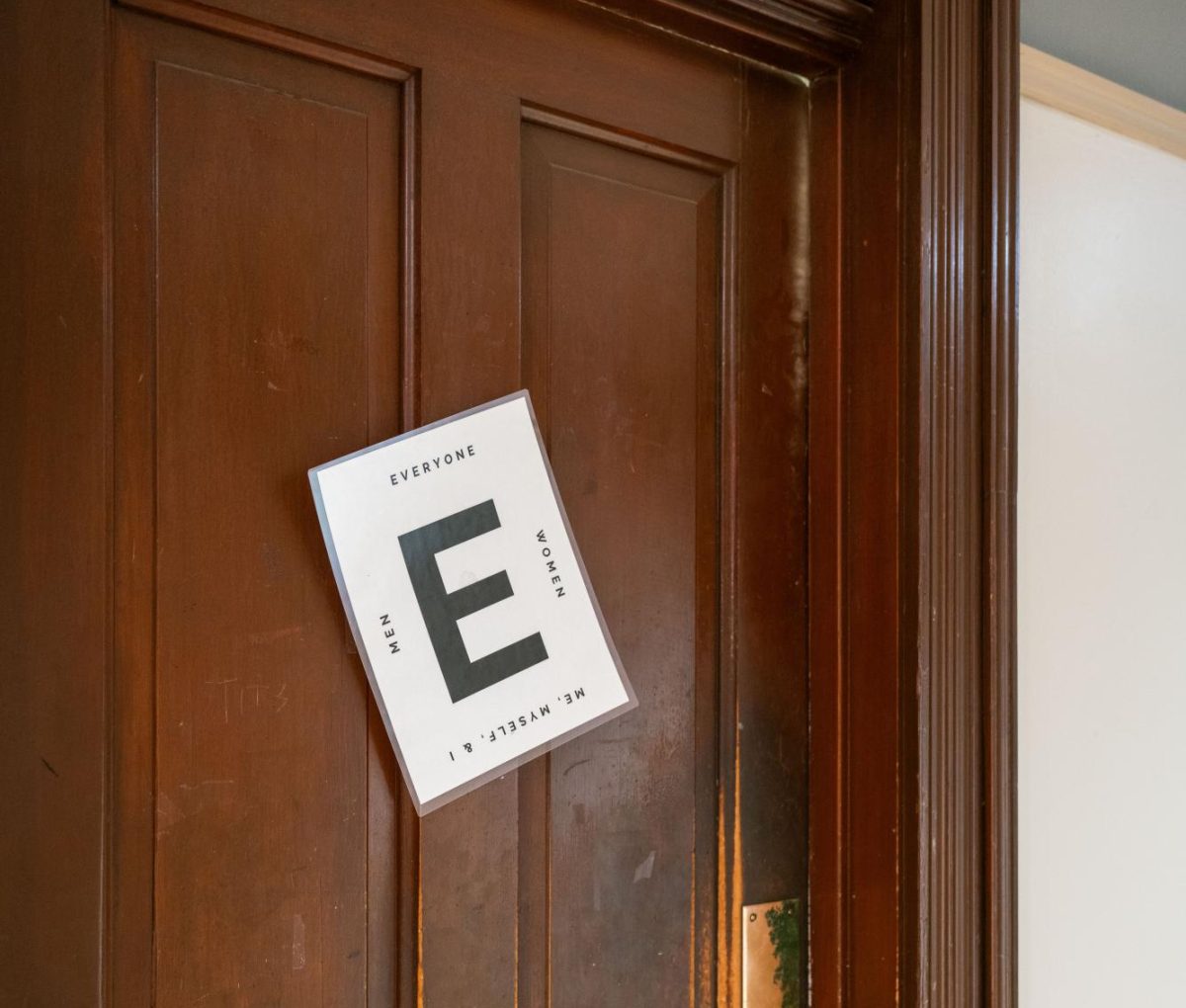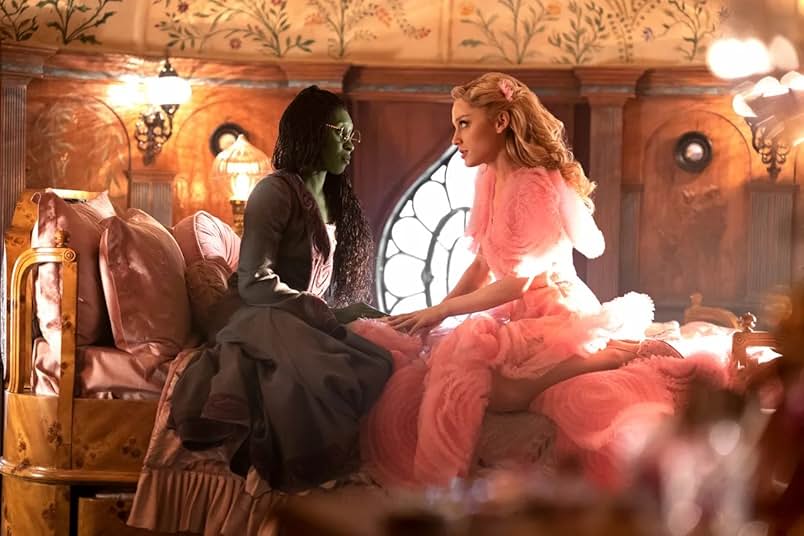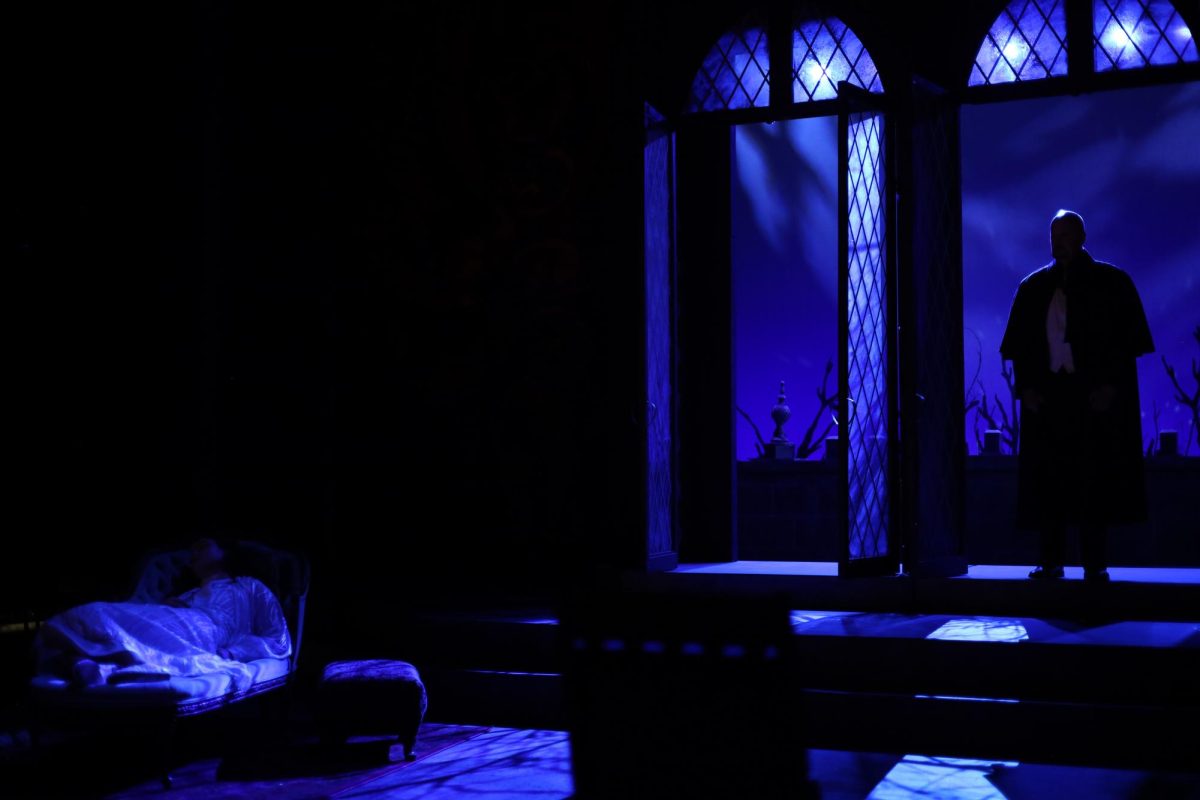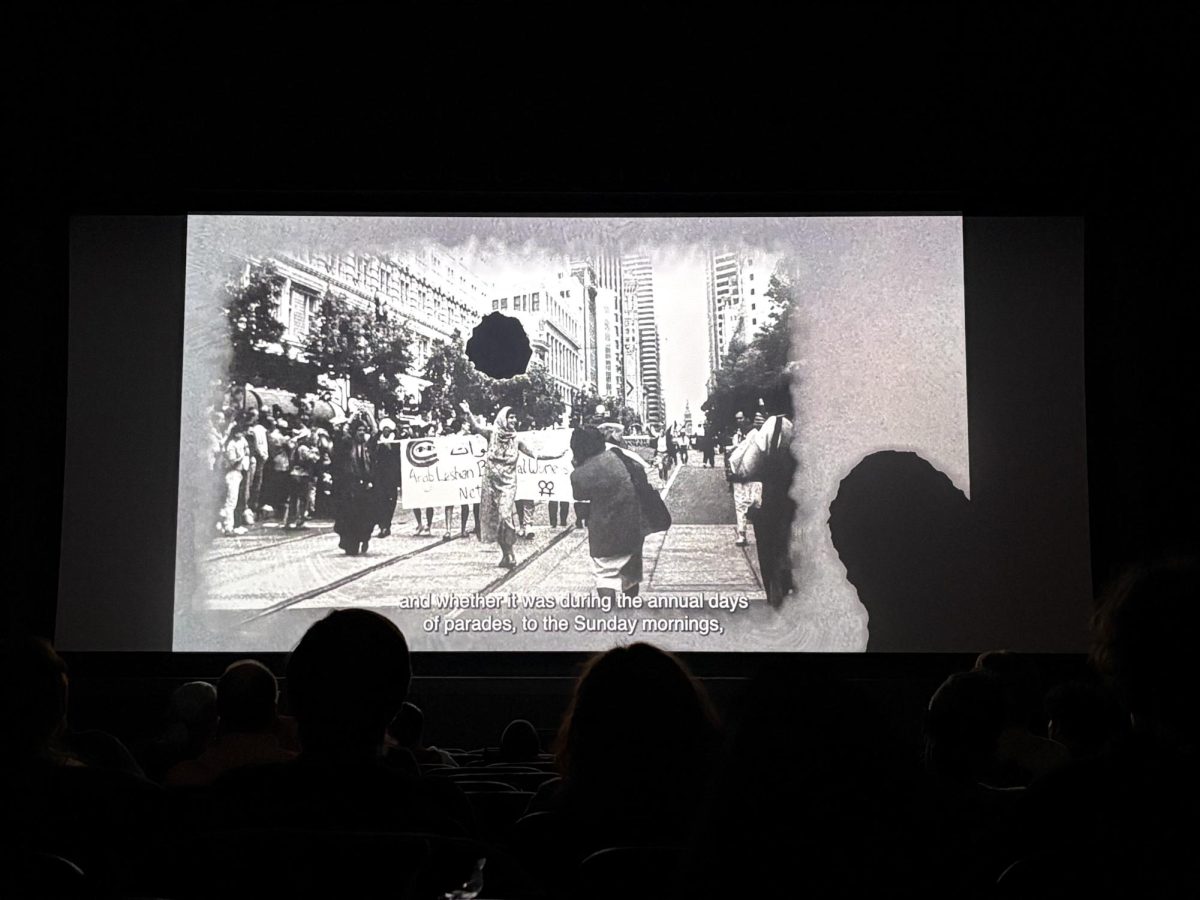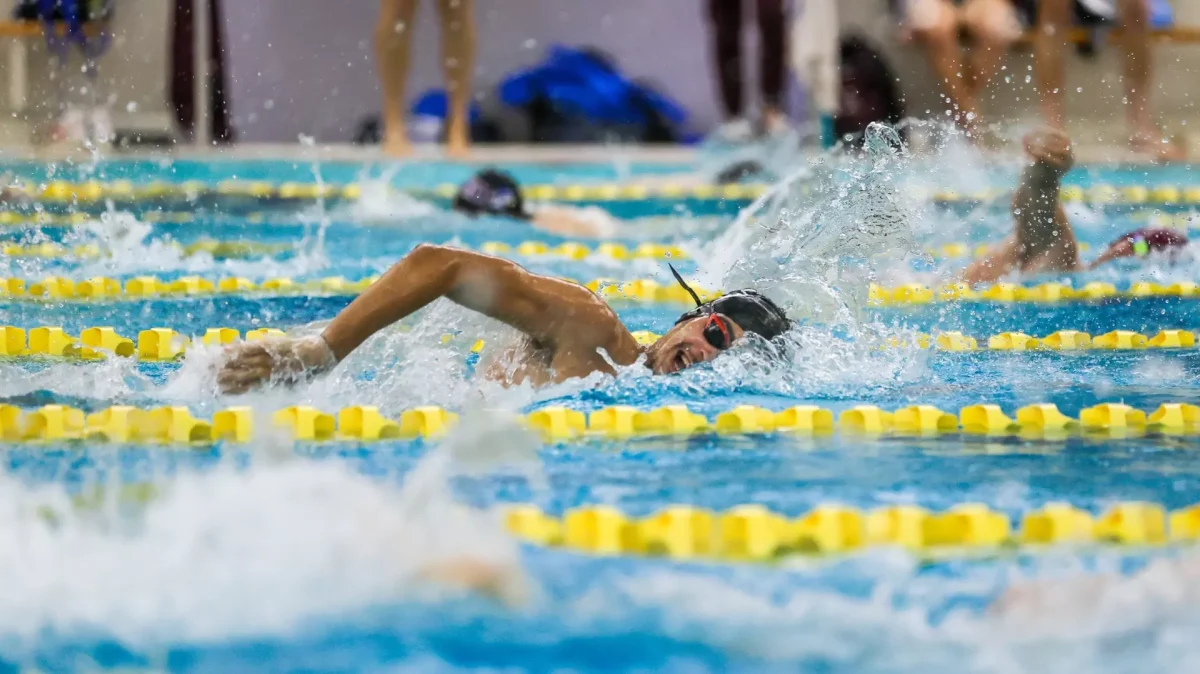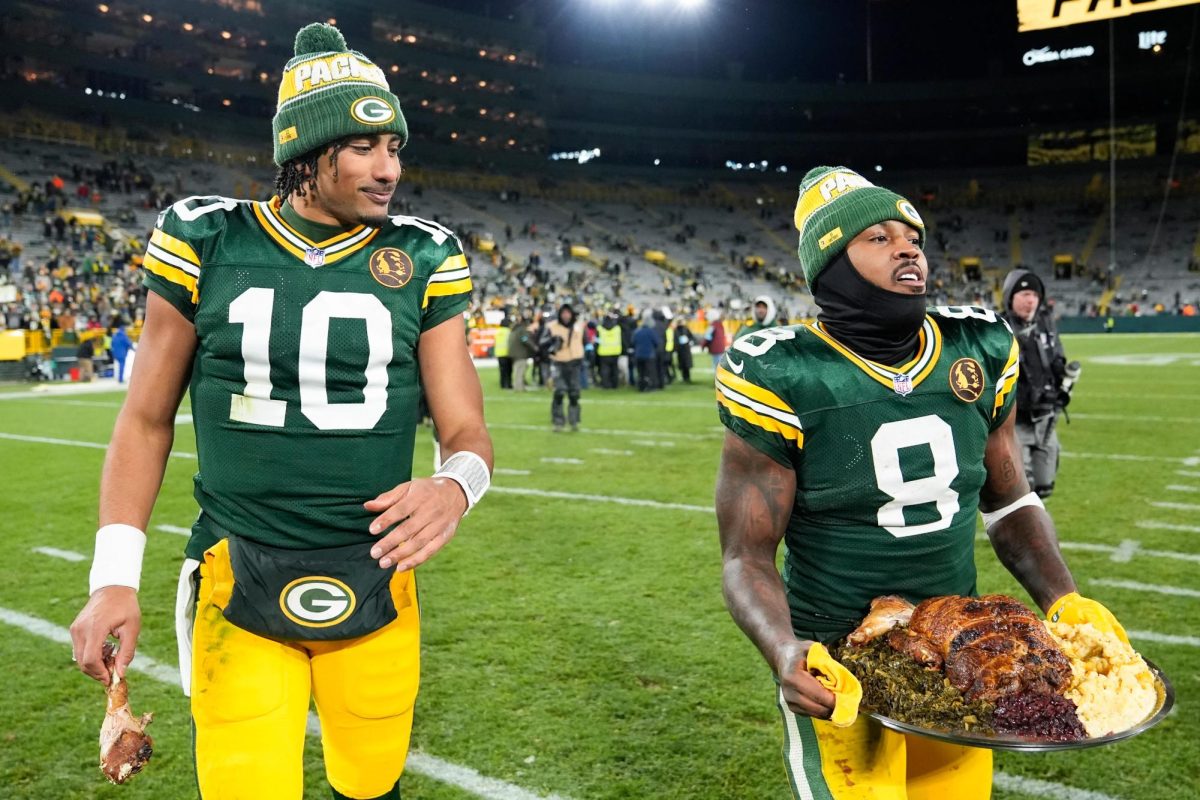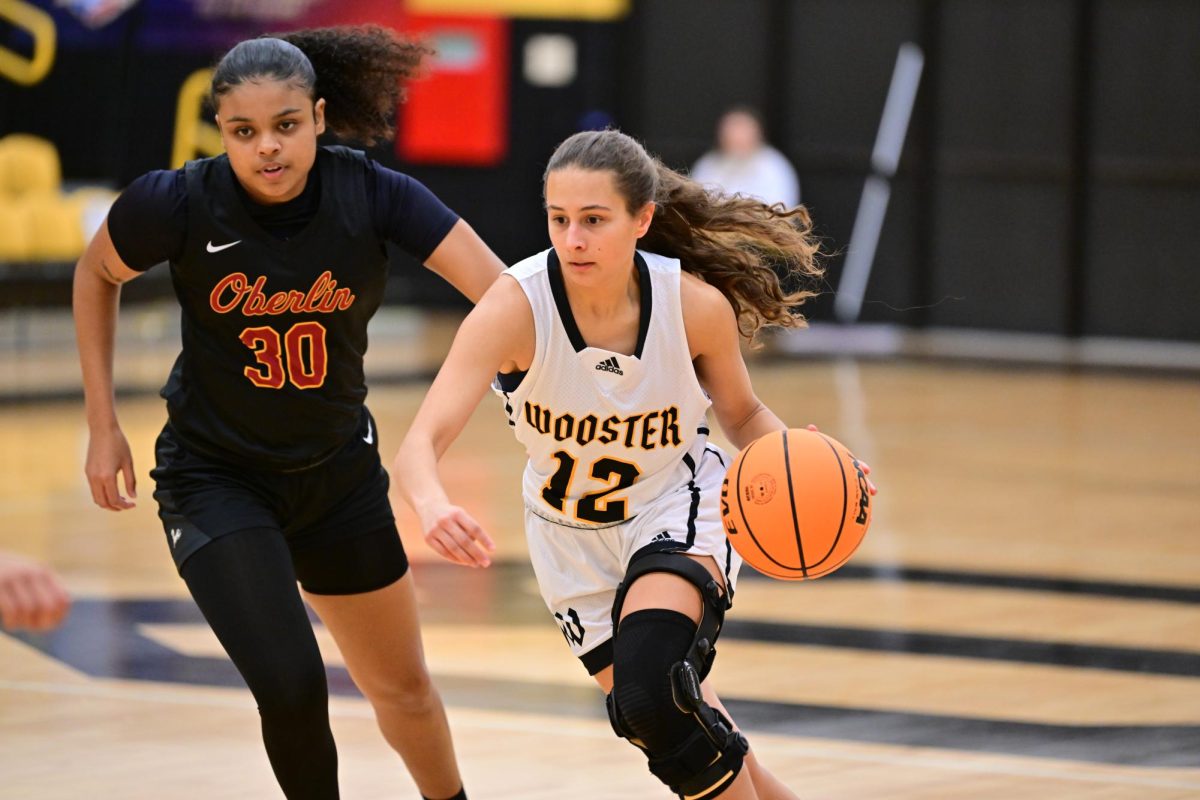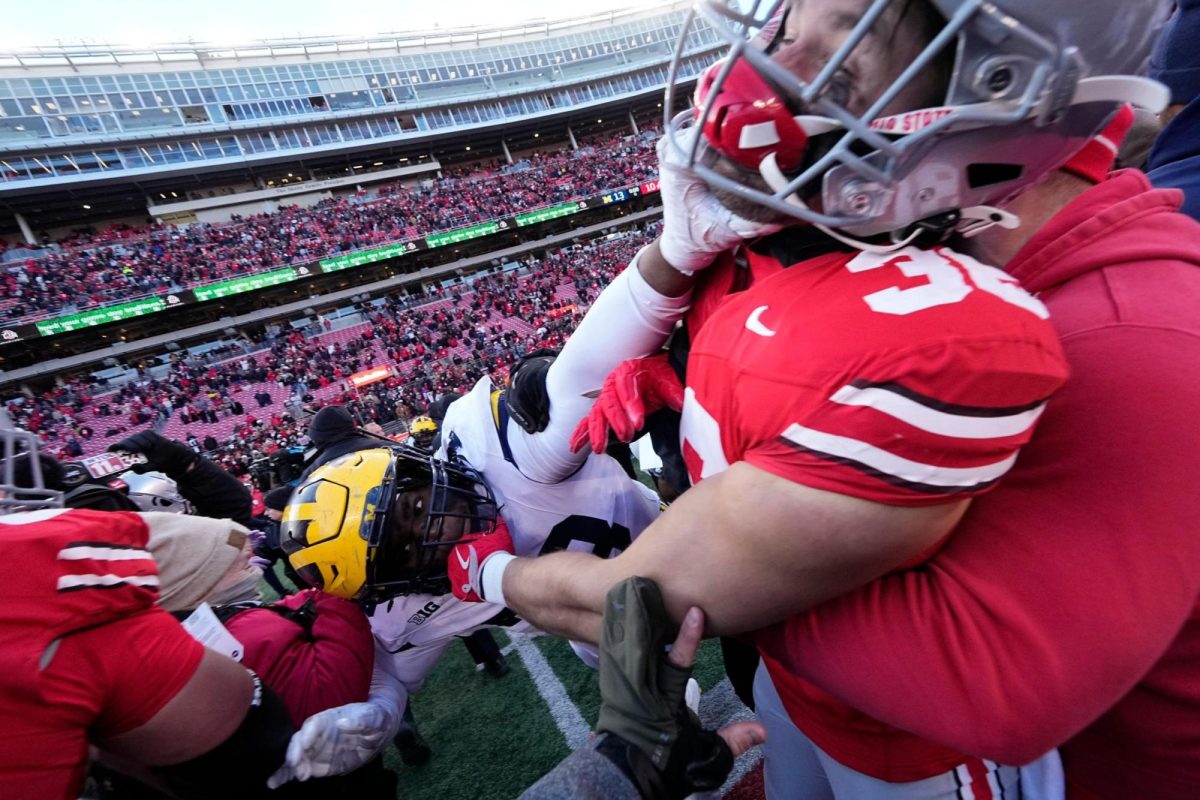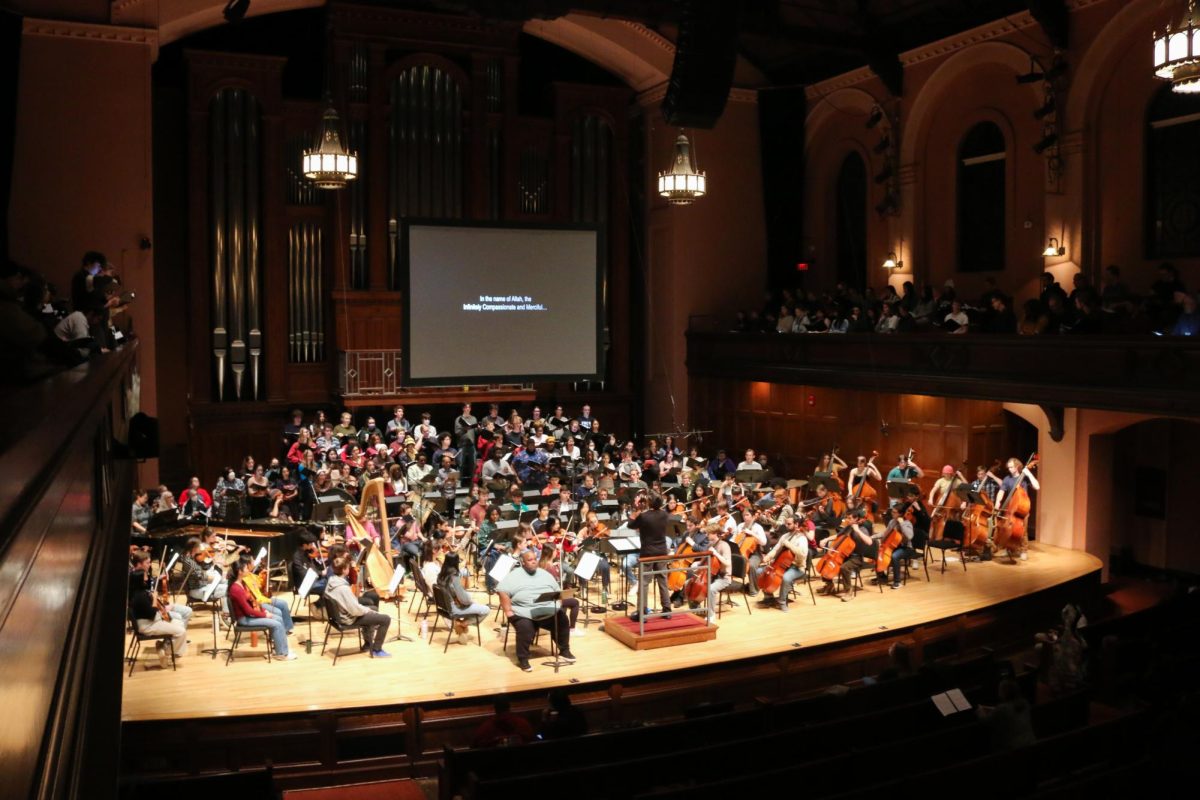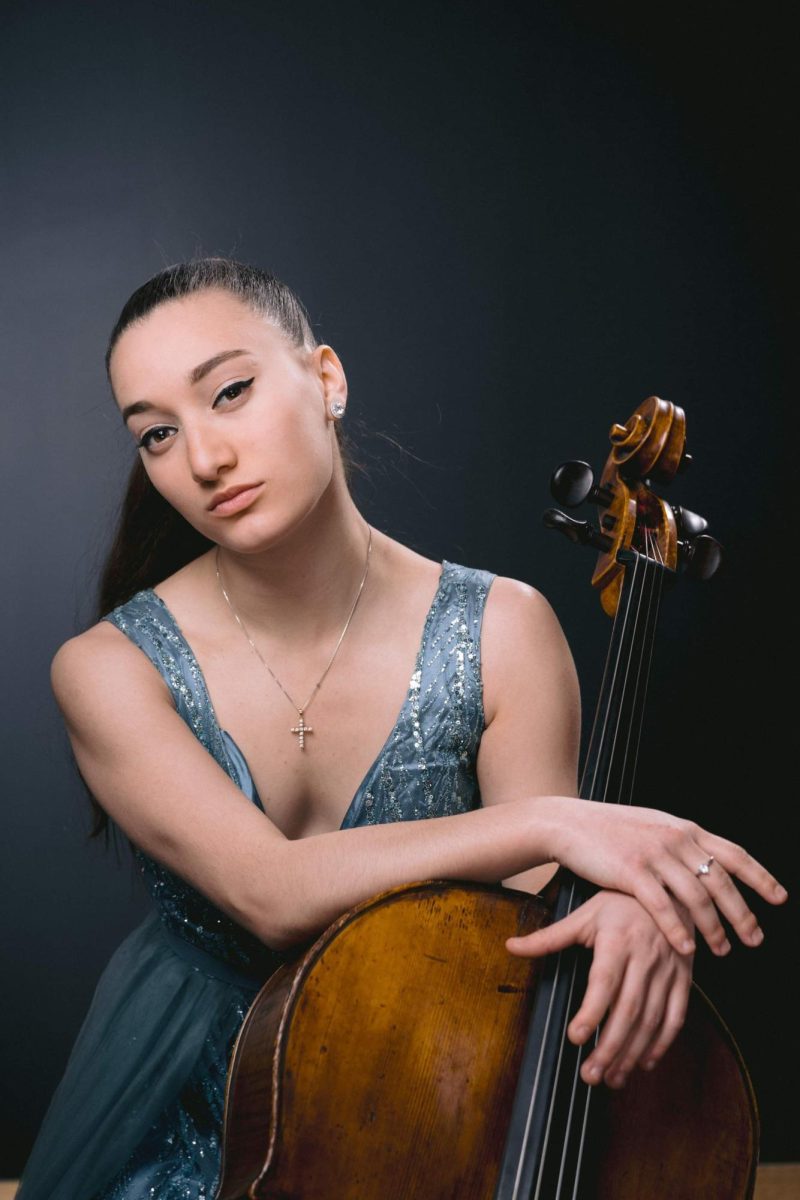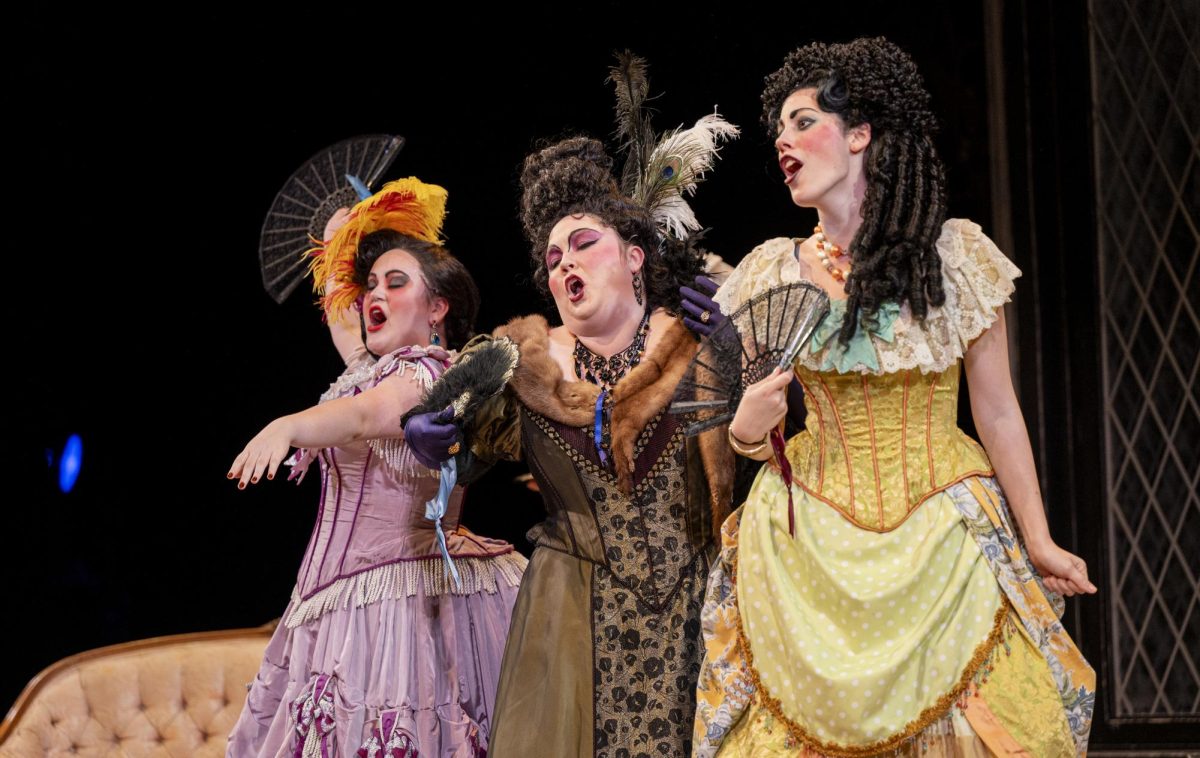School of Jocks
December 7, 2012
This past week, an article titled “End the Charade: Let Athletes Major in Sports” by David Pargman was published in the online edition of The Chronicle of Higher Education. Pargman, a professor emeritus of educational psychology at Florida State University, presents a lot of questionable points about why Division I student-athletes should be allowed to major in Sports Performance.
Apparently, all Division I student-athletes “wish to be professional entertainers” and are gypped when they have to pick a real major upon their arrival at college. These unfortunate souls are not allowed to be “honest” about their career aspirations, and must be burdened by choosing a major that doesn’t reflect their interest in being a “professional entertainer.” Instead they have to play sports and not pay for college.
Pargman asks, “Why do we impose upon young, talented, and serious-minded high-school seniors the imperative of selecting an academic major that is, more often than not, completely irrelevant to, or at least inconsistent with, their heartfelt desires and true career objectives: to be professional athletes?”
An important question, Mr. Pargman. It’s a great idea to let high school seniors decide that they want to major in Sports. It probably would have made all the boys in my gym class take floor hockey way more seriously. Additionally, I think it’s great to major in something that won’t pigeonhole you. Should you major in Sports and then, for some weird reason, not make it onto the New York Yankees or New England Patriots, a major in Athletic Performance is applicable to almost any career path.
Plus, Pargman points out, “All too many young men either completely lack interest in the mandatory and largely arbitrary and convenient choice of major or, at best, are only marginally attracted to it.”
Those poor, poor young men. They are so disadvantaged! They must have to work so hard to overcome the lack of privilege most of them have experienced — their physical prowess, their parents who have spent time and money on travel sports teams for the better part of a decade, the scholarships they receive — they have to choose a major they don’t totally love? They have to do something they don’t want to?
As a D-I student-athlete majoring in Sports, you also wouldn’t have to feel guilty about taking the “quick, cheap, and easy academic credits available to athletes in danger of losing their availability to play.”
Pargman’s ideas would definitely end a lot of the controversy surrounding the academic requirements of D-I athletes. The “deep dysfunction” in collegiate athletics would surely be fixed by the system that Pargman lays out. The Lab in Heavy Resistance Training he suggests would be intellectually stimulating. Lifting weights? I’m sure most D-I athletes don’t already do that, so it would definitely impose a major time constraint on their schedule, not to mention the mental stress of remembering how many reps to do. Another lab course, Baseball Scrimmaging, would be really difficult. Forget about earning the “easy” credits of traditional majors — under Pargman’s system, you would have to actually play baseball for credit!
Oh, but the rewards are so plentiful.
“I’ve yet to meet a parent who would deny feeling pride and pleasure upon learning of a son’s success in securing an NFL, NBA, or MLB contract,” says Pargman.
How many parents has Pargman met whose son is signing with the NBA? And what about the parents whose daughters have signed a professional sports contract?
Though Mr. Pargman does note, “while female students also pursue professional sports careers, the far higher number of young men with those aspirations makes them our topic here.”
What a valid point! Because there are more men pursuing professional sports careers, we should only focus on them. How silly of me to wonder how women factored into this equation. Obviously we just shouldn’t be considered at all. I mean, Title IX was only passed 40 years ago so it’s okay if you don’t feel like including women in your analysis, Mr. Pargman. Totally chill.
Pargman concludes with, “what I propose would be infinitely more honest than the charade that now prevails.”
Mr. Pargman’s proposal is dangerous, though. What he proposes is dishonest. His argument is elitist and sexist, and masquerades under the armor of putting sports on equal footing with an Opera major.
So how is majoring in Athletic Performance different from majoring in Opera or Studio Art? Many would argue those majors are not marketable and have the ability to pigeonhole. However, if you are passionate enough about something and are willing to spend your college education studying it, you should be able to.
If a Sports Performance major were seriously considered, it would need to be way more inclusive than what Mr. Pargman’s irrational logic lays out. It would need to be allowed at D-III schools as well, marketed towards non-athletes and women, and include courses more difficult than playing basketball with your buddies. Pargman’s plan would do the experience of playing a sport in college a major disservice.
But, as long as people like Mr. Pargman are advocating for a Sports major, it doesn’t seem like these goals are feasible. Athletics should be a space for inclusivity, not for reinforcing gender and class hierarchies in a system that already struggles to deal with these problems.






